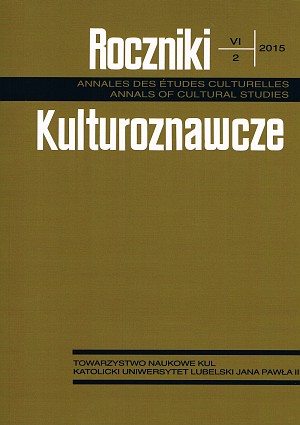Uwagi o mecenacie literackim w Polsce i na emigracji do roku 1989
Comments on Literary Patronage in Poland and in Exile until 1989
Author(s): Ryszard ZajączkowskiPublished by: Towarzystwo Naukowe KUL & Katolicki Uniwersytet Lubelski Jana Pawła II
Keywords: Poland; patronage; literature; Renaissance; emigration
Summary/Abstract: This article briefly presents the history of literary patronage in Poland since the earliest times until the political turn in 1989. The activities of patrons both in the motherland and in exile, beginning from the 19th century, have been discussed here. Literary patronage was present as early as in the Middle Ages; however, its greatest flowering was observed in the times of the Renaissance. Especially ecclesiastical and secular rulers were patrons at that time. With the decline of royal power, the magnates (both Catholic and Protestant) took the role of patron more and more frequently. After a period of crisis, literary patronage was regenerated for a short time during the reign of Stanisław August Poniatowski. During the era of the partitions it was private patronage which made it possible for many authors, writing both on Polish territory and in exile, to become established. Literary salons played an important para-patronage role, especially until the mid-19th century. After the restoration of Poland’s independence the role of private patrons decreased as the state began to replace them. Patronage was extraordinarily important during the Second World War, when it rendered assistance to many writers and made a considerable contribution to the preservation of literary achievements. In the post-war period it was—the state which was dominant as the only provider of support for literary work. Good literature was frequently published and popularised; however, the literary market was ideological control and censorship. At the same time, in the largest Polish exile communities, new centres, promoting authors writing outside Poland, were being created. Since 1989 literary patronage has often been the domain of private institutions; however in the new social and economical circumstances advanced mechanisms for supporting literary output have not yet been developed. Despite many obstacles, Poland’s traditions are on a par with those of great civilised nations as far as literary patronage is concerned.
Journal: Roczniki Kulturoznawcze
- Issue Year: 6/2015
- Issue No: 2
- Page Range: 39-65
- Page Count: 27

